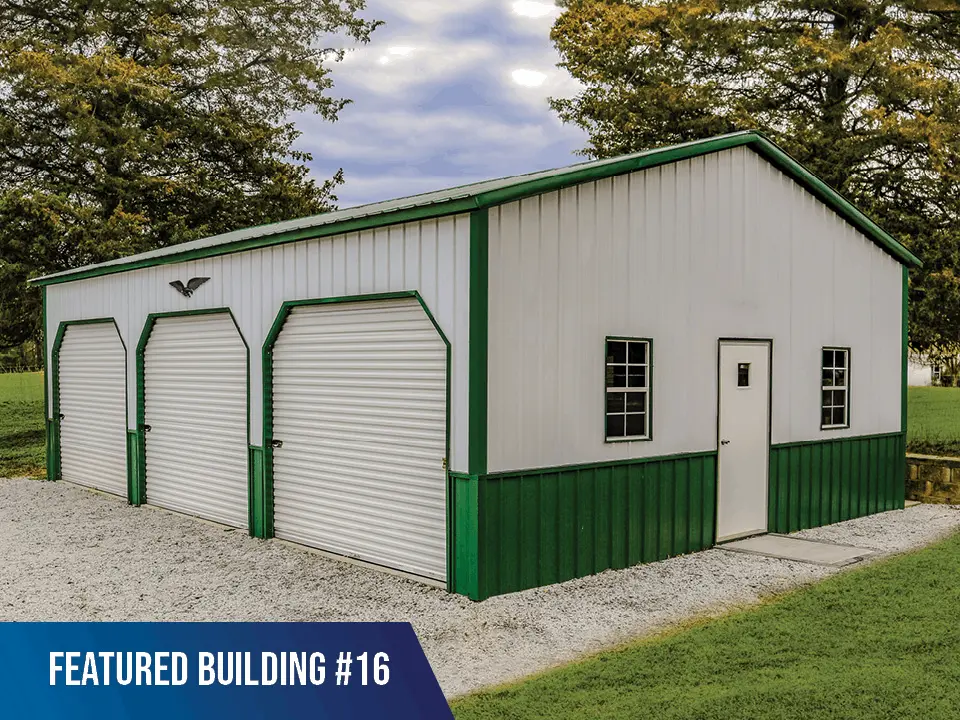The average lengths of cars vary by type, with sedans typically being around 15-18 feet, SUVs ranging from 15-19 feet, and compact cars measuring around 12-15 feet in length. Are you curious about the average lengths of cars based on their types?
The length of a car can vary depending on its classification. Sedans, known for their sleek appearances and four-door designs, typically have an average length of 15 to 18 feet. SUVs, known for their spaciousness and ability to transport larger groups, tend to range from 15 to 19 feet in length.
On the other hand, compact cars, valued for their fuel efficiency and maneuverability, generally measure around 12 to 15 feet in length. These average dimensions offer an idea of the typical size you can expect from different types of cars.

Credit: www.metalcarports.com
Compact Cars
Compact cars are a popular choice for urban dwellers and individuals seeking fuel-efficient and easy-to-maneuver vehicles. With their smaller footprint, compact cars are known for their agility and parkability in city environments. Let’s dive into the specifics of these vehicles, from their definition to their average lengths, to help you gain a better understanding of this car type.
Definition Of Compact Cars
A compact car is characterized by its smaller size and generally economical nature. These vehicles typically have a shorter length and are designed to accommodate a smaller number of passengers comfortably, often seating four to five individuals. The compact car segment is known for offering practicality and efficiency without compromising on performance.
Average Lengths Of Compact Cars
When it comes to the average lengths of compact cars, it’s essential to consider the variations within this category. While specific models may differ slightly, below are the typical average lengths for compact cars:
| Car Model | Average Length (in inches) |
|---|---|
| Honda Civic | 182 |
| Toyota Corolla | 182 |
| Volkswagen Golf | 168 |
These figures provide a snapshot of the diverse range of lengths found within the compact car segment, catering to varying consumer preferences and needs.
Sedans
Welcome to our blog post on average lengths of cars by type! In this section, we’ll be focusing on sedans, which are one of the most popular types of vehicles on the road today. Sedans are known for their stylish design, comfortable interiors, and practicality. They are a great choice for individuals or families who prioritize a smooth ride and ample passenger space. Let’s dive into the characteristics and average lengths of sedans.
Characteristics Of Sedans
Sedans are four-door vehicles with separate compartments for passengers and cargo. They typically have a closed trunk and are designed to seat four to five people comfortably. Sedans are known for their sleek and elegant appearance, with a sloping rear roofline that seamlessly integrates with the trunk. The design of sedans emphasizes comfort and practicality, making them ideal for everyday commuting, family trips, and business outings.
Average Lengths Of Sedans
When it comes to the average lengths of sedans, there is some variation depending on the brand, model, and year of production. However, we can provide a general overview of the average lengths of sedans based on recent data. Please note that these statistics are approximate and may vary:
| Brand | Average Length (in inches) |
|---|---|
| Ford | 190-200 |
| Toyota | 182-188 |
| Honda | 182-190 |
| Chevrolet | 193-206 |
| BMW | 182-195 |
These average lengths provide a rough estimate of the size of sedans in the market. It’s important to note that certain models within a brand might fall outside this range due to variations in design and purpose. Before making a purchase, we recommend checking the specific dimensions of the sedan you are interested in, as it can help you determine if it meets your space requirements.
In conclusion, sedans are popular vehicles known for their stylish design and practicality. The average lengths of sedans can vary depending on the brand and model, but the data provided gives you a general idea of what to expect. Consider these average lengths as a starting point and always verify the dimensions of a specific sedan before making your final decision.
Suvs
SUVs are known for their spaciousness and capability, with an average length of around 190 to 200 inches. These vehicles are popular for their versatility and accommodate families and cargo comfortably.
Defining Suvs
SUVs, or Sport Utility Vehicles, have become increasingly popular due to their versatility and spaciousness. They are designed with a higher ground clearance and larger body compared to sedans or hatchbacks, making them ideal for off-road adventures and accommodating large families. SUVs are known for their robust design and ability to tackle various terrains with ease.
Average Lengths Of Suvs
When it comes to determining the average lengths of different types of SUVs, it’s important to consider that there are various subcategories within the SUV class. These subcategories include compact SUVs, midsize SUVs, and full-size SUVs. Each subcategory differs in size, accommodating different needs and preferences.
Compact SUVs:
If you’re looking for a compact SUV, you’ll be pleased to know that they are designed to be smaller and more maneuverable. On average, compact SUVs measure around 170 to 180 inches. However, it’s essential to keep in mind that there may be slight variations depending on the model and manufacturer. Compact SUVs tend to strike a balance between versatility, fuel efficiency, and size.
Midsize SUVs:
Midsize SUVs offer a larger cabin space and increased cargo capacity compared to compact SUVs. These vehicles typically range from 185 to 200 inches in length. With their roomy interiors, midsize SUVs are perfect for families who require ample seating and storage options.
Full-size SUVs:
For those seeking an even more spacious option, full-size SUVs are the way to go. These SUVs generally measure over 200 inches in length, providing generous interior space and seating arrangements. Full-size SUVs are perfect for larger families or individuals who frequently transport bulky items.
Additionally, it’s important to note that these average lengths are just a starting point, as there may be longer or shorter options available within each subcategory. Vehicle specifications can vary depending on the specific make and model, with some SUVs boasting even more extended lengths.
Now that we have defined what SUVs are and outlined their average lengths for each subcategory, you can make an informed decision when choosing the size and type that best suits your needs. Whether you require a compact, midsize, or full-size SUV, there’s an option available that offers the perfect combination of space, utility, and style.

Credit: shedsunlimited.net
Crossovers
Crossovers have become increasingly popular in recent years, offering a blend of SUV and sedan features. With their versatile nature and spacious interiors, crossovers are a common choice for families and individuals seeking practicality and comfort.
Exploring Crossovers
When it comes to selecting a suitable vehicle, understanding the average lengths of crossovers can aid in decision-making. These measurements give insight into the overall dimensions of the vehicle and the space that it can accommodate.
Average Lengths Of Crossovers
| Crossover Model | Average Length (in inches) |
|---|---|
| Honda CR-V | 182.1 |
| Toyota RAV4 | 180.9 |
| Nissan Rogue | 184.5 |
| Ford Escape | 178.1 |
When considering a crossover, it’s important to note that the average lengths can differ between models. Understanding these variations can help in assessing whether the vehicle meets individual requirements for space and maneuverability.
Trucks
Trucks: Trucks are versatile vehicles known for their sturdiness and utility. Let’s explore the different types of trucks and their average lengths.
Different Types Of Trucks:
- Pickup trucks
- Flatbed trucks
- Semi-trailer trucks
Average Lengths Of Trucks:
| Type of Truck | Average Length (feet) |
|---|---|
| Pickup trucks | 17 |
| Flatbed trucks | 24 |
| Semi-trailer trucks | 70 |
Vans
Two main types: passenger vans and cargo vans.
Passenger vans: Around 200 to 210 inches in length. Cargo vans: Typically 230 to 290 inches long.

Credit: www.carsiceland.com
Conclusion
Understanding the average lengths of cars by type can be beneficial for various reasons, including parking, garage space, and maneuverability. Whether you’re in the market for a new car or simply curious, this information provides valuable insight into the size and dimensions of different vehicle types.
Keep exploring your car size options!


